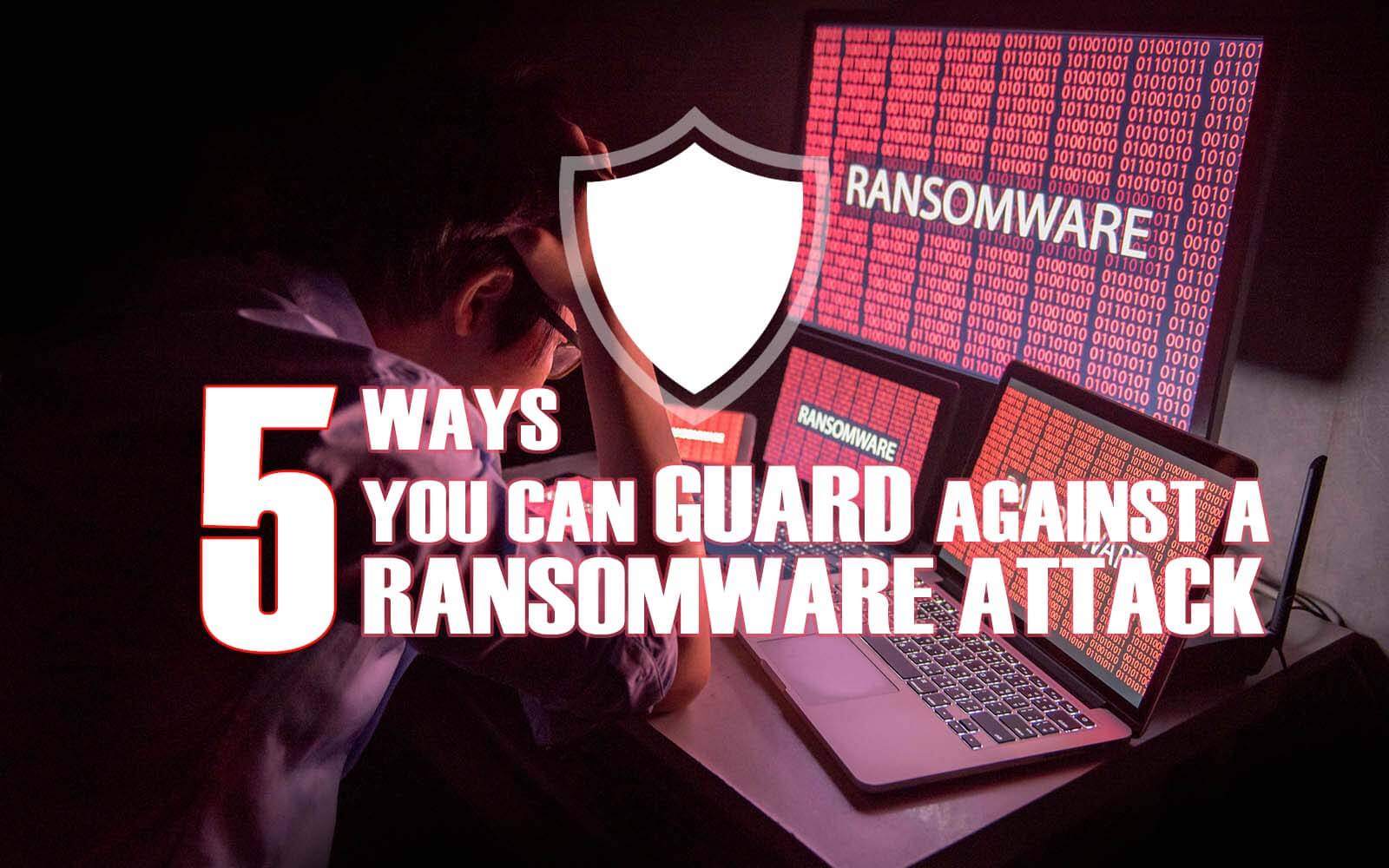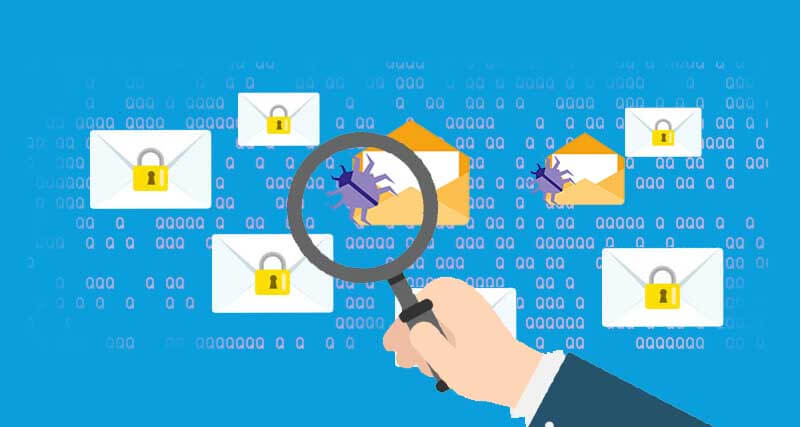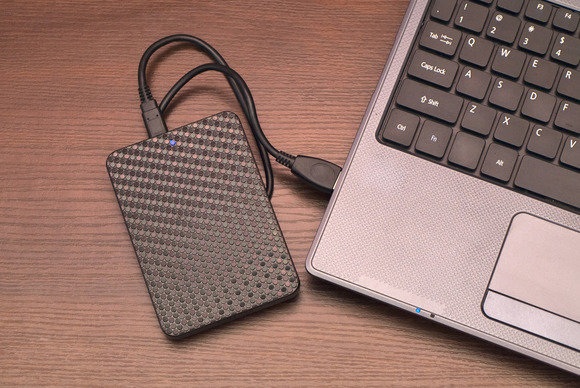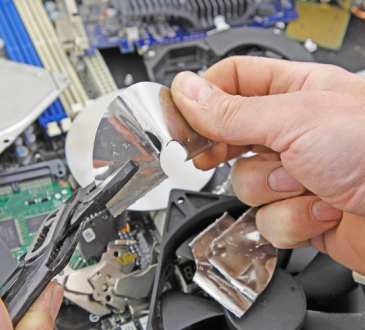
Ten years ago, the biggest internet-related fear of almost every business or individual online was the risk of hacking. It probably still is today. Back then, though, hackers were likely to access your computer through compromised software, usually caused by a virus. We were all told never to click on pop up adverts because of the risk of viruses, and never to open email attachments from people we didn’t recognize for the same reason. These days, the nature of the threat has changed a little. Virus protection software has progressed to the point where it can be relied upon to keep most threats out. We’re now far more likely to be concerned about ransomware.
Ransomware is a lot nastier than a virus. So long as you have a little computer knowledge, or you know someone who does, you can generally get rid of a virus by taking your computer offline and cleansing your system. The same can’t be said of ransomware. It ‘bricks’ your computer, locking everything out and preventing you from doing anything until you’ve followed whatever action it wants you to do. In most cases, this involves sending money to a Bitcoin wallet. By the start of 2020, the typical cost to a business from a ransomware attack had exceeded eighty thousand dollars. That’s more than double where it was twelve months earlier, and it’s likely to increase further in the future.
If you don’t have much vital information on your computer, or you operate a small business, you might wonder why you should worry about the potential of a ransomware attack. You are, after all, a small target compared to a major corporation. That’s not how the people behind ransomware attacks operate, though. To you, the whole internet is one gigantic online slots website. They’ll try to lock up thousands of computers at once, safe in the knowledge that at least two or three of the people who own those computers will pay up the ransom. This is the same methodology that gamers use when they’re playing Playtech slots. They know that they’re unlikely to win from a single spin, but if they spin the reels of that online slots game a hundred times or more, something will eventually come their way. It’s all a calculated gamble, and that means your computer is at as much risk as everybody else’s.
Rather than worrying about it, let’s take a look at what you can do to prevent it from happening.
Scan Every Email You Receive

Although ransomware can arrive in a few different ways, it’s still far more likely that it will come through an email than it will arrive any other way. Unfortunately, it’s getting harder and harder to distinguish what is and isn’t a potential ransomware email, as hackers and scammers have developed the ability to close email addresses and put together very convincing-looking deceptions. The solution is to have your antivirus software scan every email and attachment the moment it arrives. If you operate a server, this means the scan should take place before the email arrives in the inbox it’s intended for. It might slow down your emails a little – especially with large attachments – but the pros significantly outweigh the cons.
Backup Everything Externally

Every night, all of your important data should be backed up to an external device. Every morning, that external device should be detached from your computer or network until the end of the working day. Replacing an individual computer can be expensive, but never as expensive as paying a ransom or losing vital business data. So long as all of your data is backed up somewhere that the criminals can’t get at it, a ransomware-locked computer can be written off as an irritation. All of your data is safe and secure, nothing has been lost, and a replacement computer can be acquired. Here are a few ideas about high-quality external backup hard drives you might want to consider.
Be Aware Of Your Online Hardware
It’s far too tempting – and too easy – to think of your network as being made up of your server and the computers connected to it. For most modern workplaces, this is no longer the case. Your printers are almost certainly on your network. If you have smart speakers in your office, those are also on your network. Fax machines could be online, too. Even some vending machines are ‘smart’ these days, and they’re online, too. Every single one of these items is a potential backdoor into your network. Your protection is only as strong as your weakest link. How old are the online devices that you use, and when were they last assessed for safety and security? If it doesn’t need to be online, take it offline.
Apply Every Patch, Every Time
The battle between hackers and software designers rages for every minute of every day. Every time the hackers get an advantage, software designers patch their products to safeguard against it. When patches become available, your software should alert you and prompt you to download them. We realize that this can be irritating if it happens regularly or if the notification arrives at an inconvenient moment, but that patch is there for a reason. It probably contains security updates, and those security updates might be the difference between being attacked and staying safe. Apply patches and updates immediately when they become available. If that’s genuinely not possible for business reasons, ensure they’re applied the same day at the very least.
Disable Remote Desktop Protocol
Remote Desktop Protocol is switched on by default. That’s arguably an oversight by Microsoft because there are very few reasons why you’d want such a potentially dangerous function to be switched on all the time. This is the protocol that allows other people – usually IT support – to remotely access your device and work on problems for you. It’s possible to switch it on manually whenever any such eventuality arises. Because it can be switched on manually, it ought to be switched off at all other times. Some forms of ransomware, most notably Filecoder and Cryptolocker, rely on RDP to gain control of devices and install software. If the option isn’t available, the attack won’t work.
We wish there were a 100% effective barrier against ransomware infection. The internet would be a much safer place if there were! Sadly there isn’t, and there may never be. If you follow the advice outlined above, though, you have a much better chance of staying clear of trouble.




